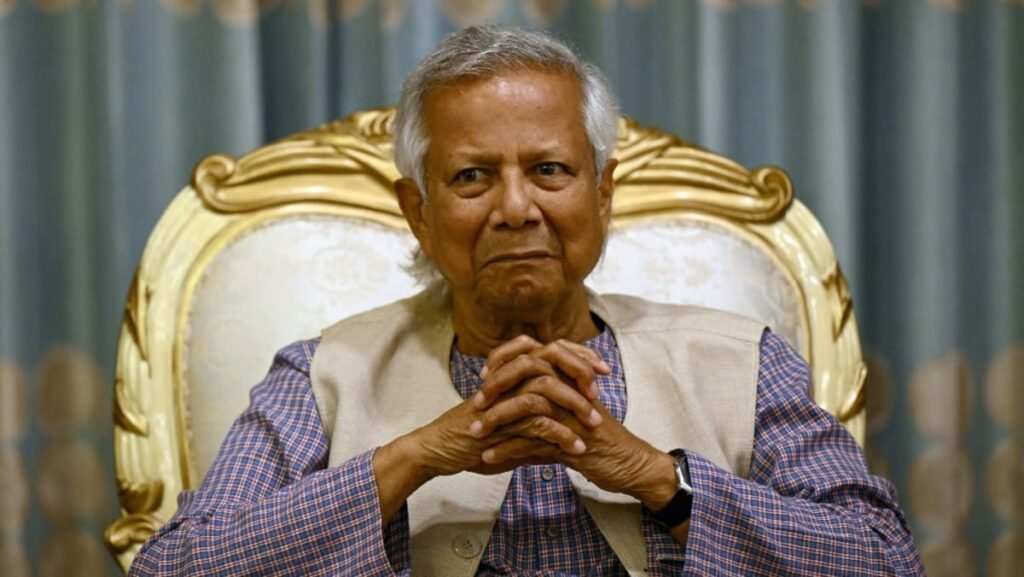Bangladesh’s interim leader, Nobel Peace Prize winner Muhammad Yunus, has taken over after the ouster of autocratic former premier Sheikh Hasina. Yunus is leading a temporary government tasked with restoring democratic institutions in the country. He has emphasized the need for reforms before holding elections, stating that holding elections without implementing changes would be premature. The interim administration is focused on preventing a return to autocracy and ensuring that democratic checks on power are in place. Yunus has described the public administration system as “completely broken down” and in need of a comprehensive overhaul.
During Hasina’s 15-year rule, Bangladesh experienced widespread human rights abuses, including mass detention and extrajudicial killings of political opponents. The period leading up to her ouster saw over 600 people killed, according to a preliminary UN report. Her government was also accused of politicizing courts and the civil service, as well as rigging elections to maintain power. The challenges faced by Yunus’ caretaker government are significant, as they work to establish a more transparent and accountable system of governance in the country. Yunus has expressed a commitment to preventing the repetition of past abuses and ensuring that democratic principles are upheld.
Yunus has indicated that the focus of his administration is on implementing reforms to address the failures of the past and create a more inclusive political environment. He has emphasized the importance of preventing a return to autocracy by strengthening democratic institutions and ensuring that future elections are free and fair. The caretaker government is working to rebuild public trust in the political system and establish mechanisms to hold those in power accountable. This process is seen as essential for creating a foundation for sustainable democracy in Bangladesh.
The challenges faced by the interim government are complex, given the deep-rooted issues within the public administration system and the legacy of past abuses. Yunus recognizes the need for comprehensive reforms to address these issues and prevent a slide back into authoritarianism. The caretaker government is focused on creating a more transparent and accountable governance structure that can withstand future attempts to undermine democratic values. By prioritizing reforms and emphasizing the importance of a democratic process, Yunus and his administration are working towards establishing a more stable and inclusive political system in Bangladesh.
Yunus’ refusal to provide a specific timeframe for elections reflects the administration’s commitment to prioritizing reforms over rushing into a new electoral cycle. By focusing on creating a foundation of democratic principles and accountability, the interim government aims to establish a sustainable political system that can withstand future challenges. The process of rebuilding public trust and addressing past abuses is seen as essential for ensuring that Bangladesh can transition to a more stable and inclusive democracy. Yunus’ leadership and emphasis on reform indicate a dedication to creating lasting change in the country’s political landscape.

